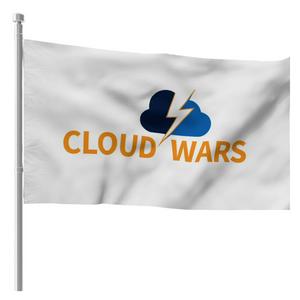In this AI Agent & Copilot Minute, Mason Siefert explores Microsoft’s first integrated learning agent for students, explaining how proactive AI modes like Understand, Practice, and Study are reshaping education beyond reactive digital tutors.
Key Takeaways
Proactive Learning Shift: Microsoft’s newly announced learning agent moves beyond reactive digital tutors by proactively guiding students through structured learning modes. Rather than waiting for students to ask the right questions, the agent actively leads them through concept comprehension, skill practice, and long-term study planning — marking a major evolution in AI-powered education.
Three Learning Modes: The agent is built around three core modes — Understand, Practice, and Study. Understand mode delivers clear, multi-step explanations to deepen comprehension. Practice mode reinforces learning through generated questions and feedback. Study mode helps students create structured study plans, integrating material over time to strengthen retention and mastery.
Empowering Educators: As AI agents take on structured guidance and reinforcement, educators gain more space to focus on mentorship, instruction, and authentic human relationships. Microsoft’s move signals a broader industry shift toward agent-based learning, setting a new standard that reactive assistants alone are no longer sufficient for modern classrooms.
Visit Cloud Wars for more.


